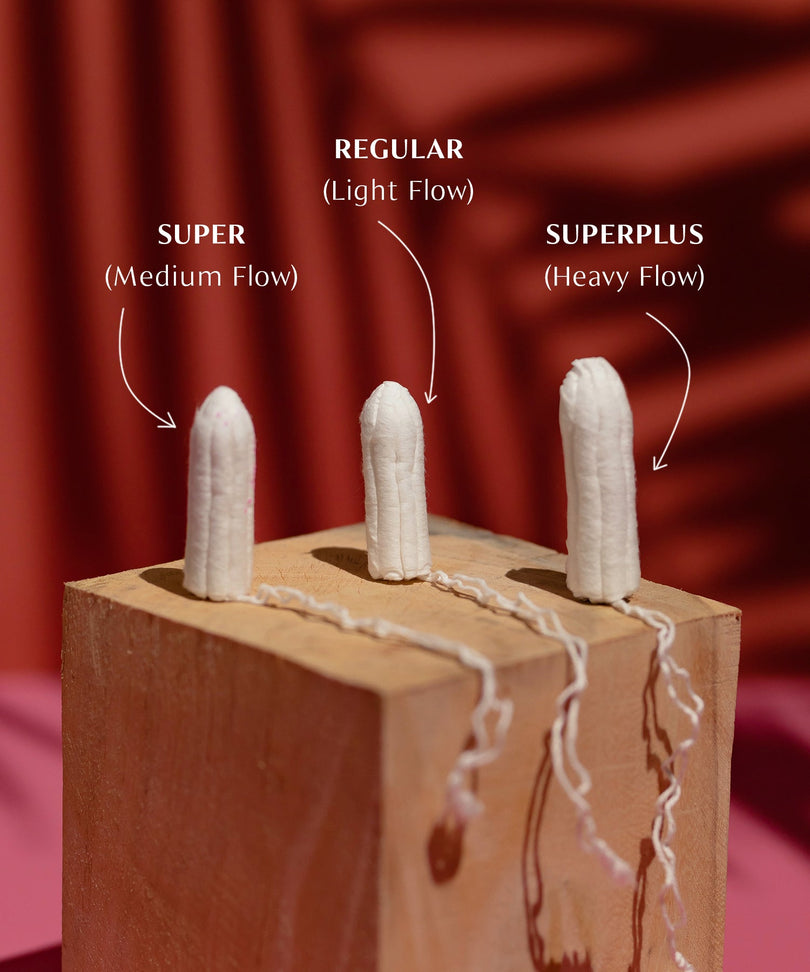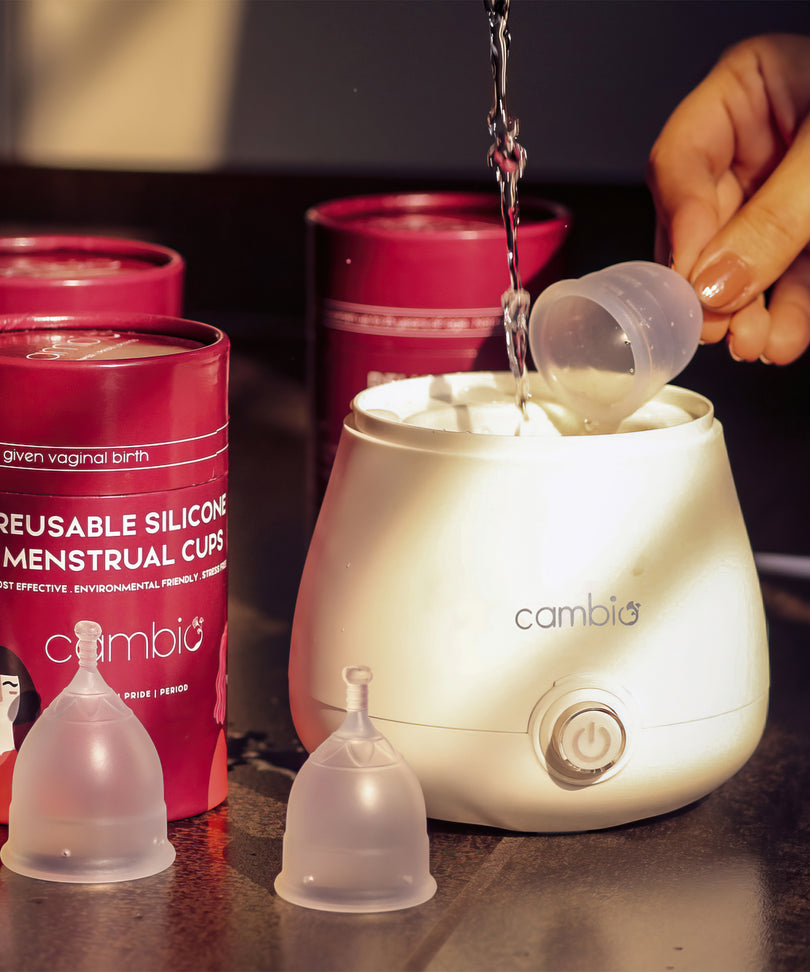Why are periods irregular among teens?
When covering topics around human reproduction, schools usually provide a basic and generalised understanding of menstruation. It is explained that a menstrual cycle occurs every month in women as a result of the released egg not being fertilized, and that the uterine lining sheds through the vagina.
While this explanation serves the purpose of introducing the topic of menstruation, it does not equip young girls with what to expect when going through sexual development and puberty in India.
The first menstruation, known as the menarche, is not an indication of being sexually developed or able to reproduce yet. The body takes time to settle into regular and predictable patterns after which it will be easier to track your periods and to know when you’re ovulating.
For most girls, the menarche occurs between the ages of 10-15, however some girls may get it earlier or later. Periods are often irregular in teenagers when they just start menstruating. It’s common to have a gap of 2-4 months in between periods during the first two years of menstruation.
According to a study examining the menstrual cycle characteristics of US adolescents, girls who recently started menstruating were more likely to experience heavier flow, a highly variable cycle, and shorter cycles. A menarcheal age of under 10 years was also associated with shorter period cycles and more chances of dysmenorrhea.
Long intervals between periods are common among adolescents because these periods are mostly anovulatory; the body is not yet ovulating regularly. Over time, the hormonal patterns settle within a regular timeframe, causing shorter and more predictable cycles.
We reached out to our customers to anonymously share with us their experiences of irregular periods when they first started menstruating. Here’s what they had to say:
“I got my first period when I was 12, and I used to get them every 3-4 months. This went on for about 3 years. It’s after I turned 16 that my periods turned more consistent though I noticed my time frame is slightly longer than average as I get them every 35-38 days. Now I’m 27 and it’s only when I’m more sexually active that my periods become more frequent. I guess this has to do with some hormonal changes. So don’t worry if your periods are irregular for the first few years. You’ll figure out what is normal for you and this could be different from what you expected or what you were taught in school, which is fine.”
“I experienced my first period shortly after turning 15. I got my second period about 5 months after the first and then they gradually happened about every 2 months. My cycle started happening every month after I turned 18. Occasionally I’ll get my periods late or even miss a period and I guess these are affected by my stress levels and travel plans. Otherwise, your cycles will usually sort themselves out a few years after you start menstruating.”
Also read - Can you masturbate on your period?
How can I track irregular periods?
If your periods are still irregular, you can plan for them by paying attention to your body’s cues that you’re about to start your period. It will take a few cycles for you to be aware of your PMS symptoms. These include the following:
- Sore breasts
- Headaches
- Mood swings
- Loose motions
- Acne breakouts
- Disturbed sleep
- Bloating
What are regular periods like?
A regular period lasts for between 2-7 days and occurs every 24-38 days. It can take between 2-3 years to achieve regular periods after you first start menstruating. Your cycles become much more consistent during your 20s.
You can track your period using an app to compare your period durations, gaps, flow and emotional states across the months and note for any trends or anomalies. This allows you to have reliable data to show your doctor or gynecologist in case you have any concerns or issues.
Also read - Can I fast during periods?
Signs for irregular periods in teens
Irregular periods refer to inconsistencies in your periods across multiple cycles, and they can range from the following:
- Missing three or more periods in a row
- Unusually heavy or light flow
- Periods occurring less than 21 days or more than 35 days apart
- Gap between cycles varies by more than 9 days
- Periods lasting longer than 7 days
- Bleeding/spotting in between periods
Causes for irregular periods in teens
If your periods were once regular and then became less predictable, the change may have been caused by external factors including the following:
- Thyroid disorders (hypo/hyperthyroidism)
- Medication side effects
- Hormone imbalances including Polycystic Ovary Syndrome (PCOS)
- Excessive strenuous exercise (running, strength training, gymnastics, dance)
- Very high or low body fat percentage
- Excessive stress (from school, or a traumatic event)
- Travelling - changes in your circadian rhythm and sleeping patterns can affect the hormones which regulate your cycle.
When do irregular periods become a concern?
Missing a period once is not automatically a cause for concern. Your periods are bound to be irregular at some point and it may not always be a threat to your health. You should consider checking with your doctor if your irregular periods are affecting your quality of life. They may be an indication of an underlying medical condition, especially in the following conditions:
- Periods lasting more than a week
- Spotting in between periods
- Very heavy bleeding
- Very severe pain and cramping
- Absence of periods for over two cycles
- Periods that used to be regular but now aren’t
Conclusion
Your teenage years are when your body is still developing to become a sexually mature adult. It is common to experience irregular periods for the first 2-3 years after you first get your periods. Irregular periods are not usually a cause for concern for those who just started menstruating.
However, if you establish a regular menstrual cycle and you face issues with irregular periods, you should consider getting it checked to rule out any underlying medical conditions.
More to read
Is it normal to have a jelly-like blood clot during period?









